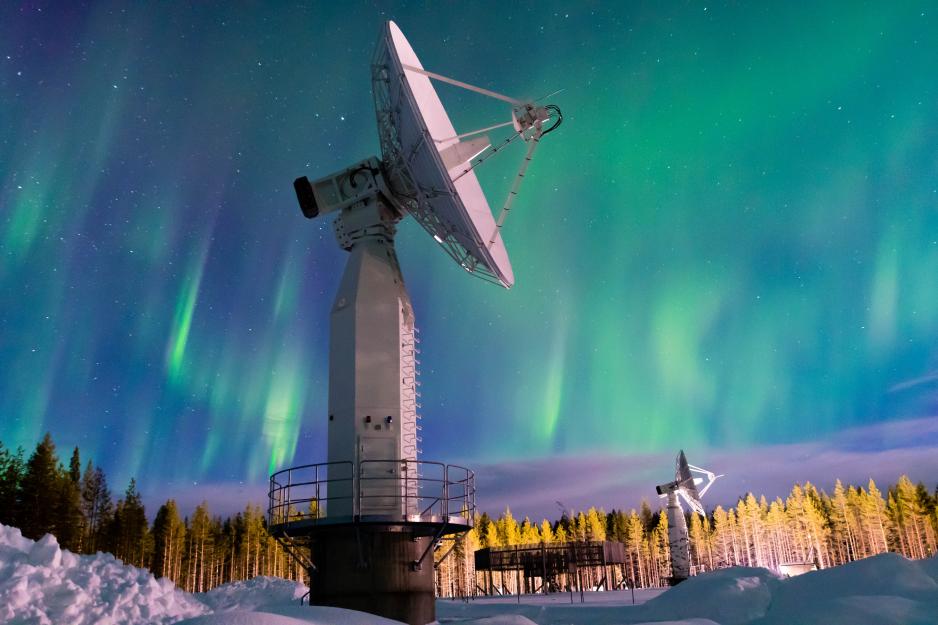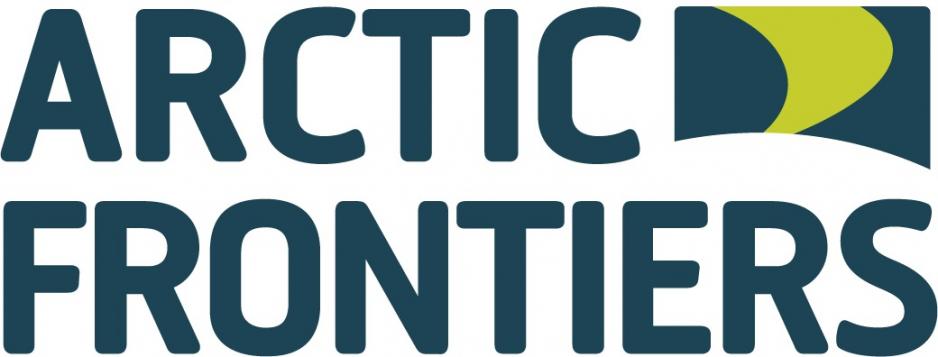Op-Ed: Exploring Common Solutions in the Arctic Connectivity

The importance of the Arctic region is growing globally. This week Arctic Frontiers conference brings academia, government and business together in Tromsø to create a firmer foundation for decision-making and sustainable economic development in the Arctic. It is a great pleasure to join the Arctic Frontiers conference, a meeting that is exploring and formulating common solutions for the new Arctic future.
This year technology and connectivity is one of the five main sessions at the Arctic Frontiers conference. The importance of the connectivity in the Arctic will increase significantly in the coming years. Well-functioning communication networks and services are a lifeline for human activities and a prerequisite for economic development in the Arctic. That´s why we have to put more focus on finding common solutions in the Artic connectivity.
Connectivity
Electronic communication services improve safety and quality of life for those who live in or visit the Arctic. Access to broadband facilitates e-learning, enables the development of digital health and social services, and allows access to media.
Connectivity is one of the top priorities of the Finnish Chairmanship of the Arctic Council in 2017–2019. And we do our best to ensure that our intentions codified in the strategy are turned into concrete actions.
Our aim is to generate more opportunities in all the fields of society. And while doing so, we must ensure that we plan and coordinate our actions with all stakeholders, in particular with the ones that have most experience of the Arctic. The aim is to bring prosperity, sustainable economic development and social progress to Arctic inhabitants and communities.
Telecommunications
Finland will continue the Arctic Council's work on telecommunications and explore ways to enhance the connectivity and availability of broadband services in the Arctic. This work will take into account the needs of indigenous peoples, local communities and businesses, tourism, and researchers. The potential communications technologies include satellite connections, mobile communications systems, low-bandwidth transmission and sea cables.
A concrete example Finland has put forward is the North-East Data Cable project. Building a data cable from Europe to Asia via the North-East Passage would provide an optimal solution for better connectivity. By nature, the Arctic Connection is multilateral. It requires involvement of Europe, Russia, Japan and China and means building a bridge between Northern Europe and Asia that opens new opportunities between continents.
Arctic transport and safety
In transport, while digitalisation and navigation will provide new opportunities for Arctic transport and safety, we also face a variety of challenges that are specific to the Arctic. For instance, maritime navigation requires up-to-date awareness of ice conditions and realization of autonomous transport requires functioning satellite systems and navigation in arctic latitudes.
Concrete actions have already been taken. For instance IMO Polar Code provides safety and environmental standards for shipping in the Arctic. In February Finland will organize an international conference to enhance safe ice navigation and harmonized implementation of the Polar Code in Arctic waters.
The Ministry of Transport and Communications and the Finnish Geospatial Research Institute are investigating the challenges of satellite navigation in the Arctic and seeking solutions to them.
Satellite navigation
Satellite navigation is increasingly often the pillar of various transport modes, and intelligent transport based on it is on the rise in all modes of transport. It is important that the same efficient and reliable navigation technology is available in the Arctic as at lower latitudes. Safer positioning and more reliable location data provide a basis for improving the quality of life and safety and for a new kind of environmental protection as well.
Finland and Norway share the challenging transport conditions in the North. We have already joint forces to find smarter solutions for intelligent transport that take into account the characteristics of Arctic environment. We are collaborating by supporting the Aurora cross border testing area. The intelligent arctic road Aurora is part of the Aurora Borealis Corridor, which starts in Kolari, Finland and ends in Tromsø. Testers from all over the world are now welcome to try out new technology in the fields of automated driving and infrastructure.
The Arctic railway study
Another joint project between Finland and Norway is the Arctic railway study. Finnish and Norwegian transport authorities are asked to explore the possibilities of constructing the Arctic railway and to examine its profitability. The purpose of the assignment is to examine the possible rail lines, find out what the users need and identify a possible business model and demand potential. The work should be completed by the end February 2018.
The Arctic is developing into an important hub of the twenty-first century. The economic potential of the region should be harnessed in a way that brings prosperity to, and guarantees the livelihood and social progress of, Arctic inhabitants and communities. Sustainable economic development is the key to resilient communities. Sustainability sets the stage for exploring common solutions in the Artic.
These are the issues we are to discuss and develop further in Tromsø. I strongly believe that we have all the chances in the world to turn challenges into possibilities.


